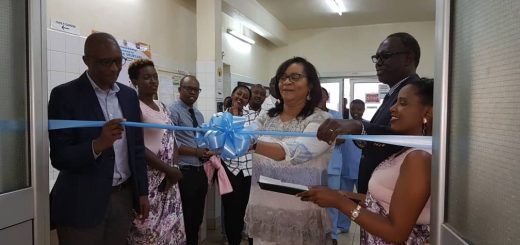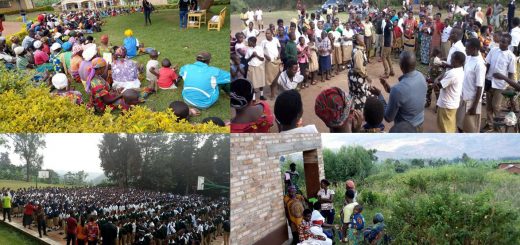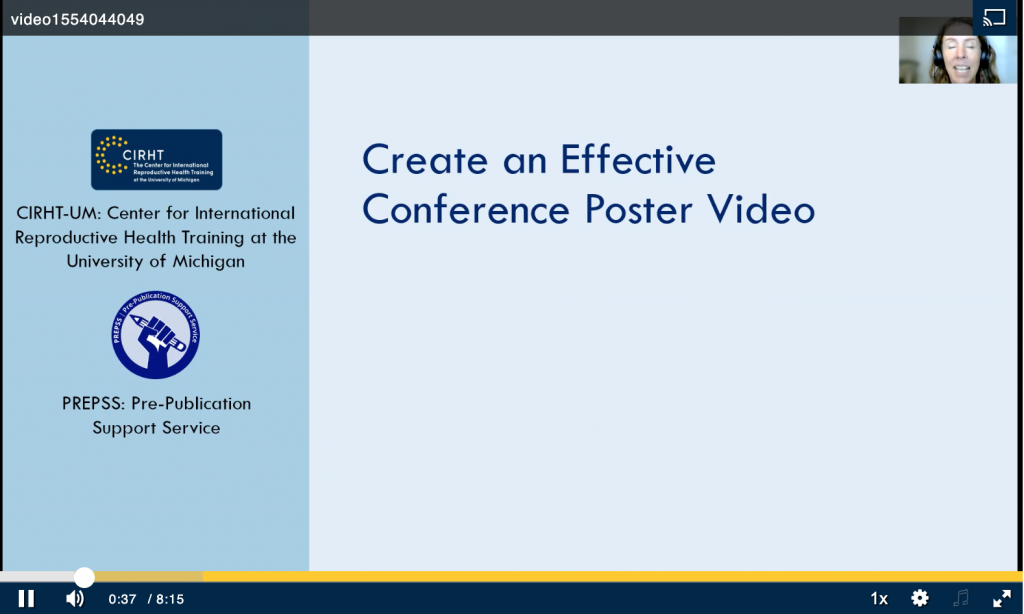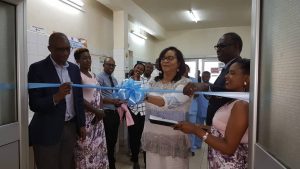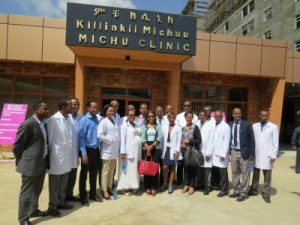Seraphine Nyiraneza, FP Midwife University of Rwanda Training Hospital, Kigali
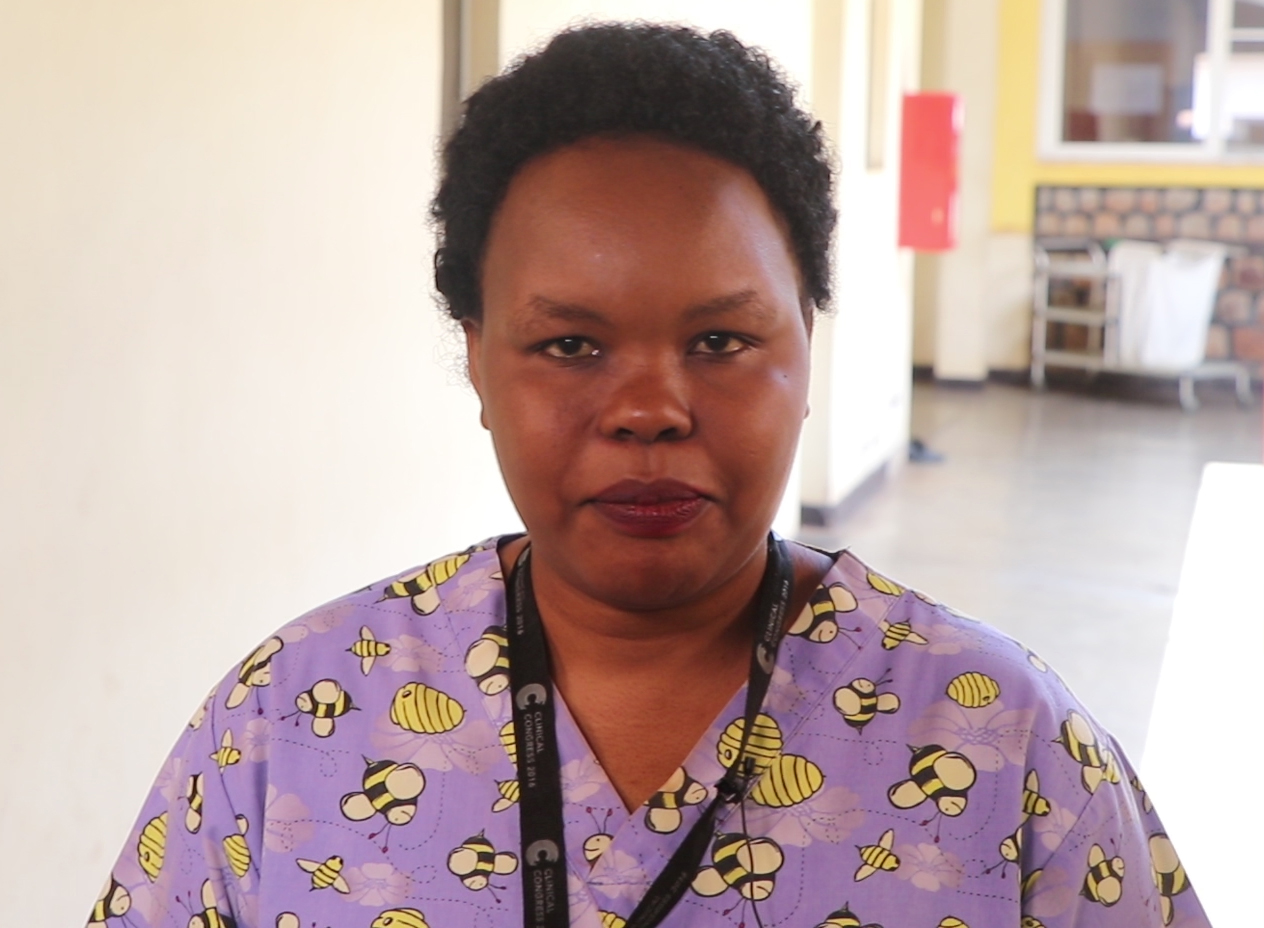
I have been a midwife for nine years. My aim was to help mothers and women of reproductive age, and I am happy to see the mother giving birth and both the mother and baby go back home safely.
I became the family planning midwife five month ago. I have been trained in family planning. Before we did not do family planning here. The mothers who gave birth here, we transferred them to health centers for family planning. We did not have specific services for family planning. After the training, we educate them about family planning and then they go to the health centers, district regional hospitals for family planning. Or they would come here outpatient. That’s what we did.
Now after delivery, if the woman has a normal pregnancy, we give the family planning. We tell them what is available and let them know about postpartum family planning. And if they choose, we give them the options of what is available.
When I was in school we had a program in family planning, but as we are working we are not using what we learned. I think we need more training so if a mother wants we can give it to her before discharge.
Family planning has an important role in the reduction of maternal mortality because if the mothers learn about family planning they can choose a method, and that will reduce the morbidity and mortality.
Here we are only five who are trained. But when a woman comes here and one of us isn’t here, the woman goes home without family planning.
So in general, if the training about family planning is emphasized and given to all providers – midwives, doctors, nurses, residents – that will encourage all of us.


